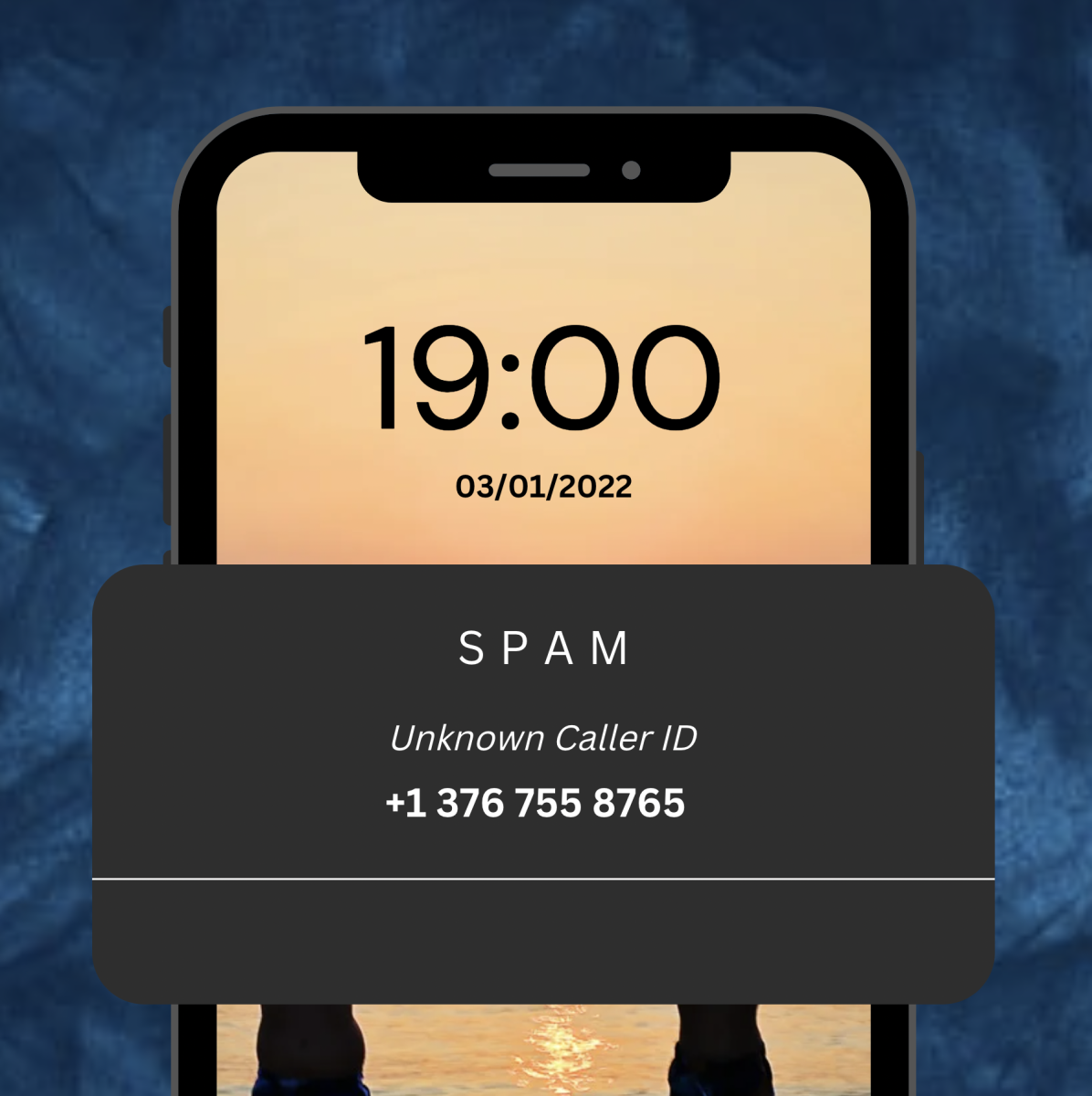The average American receives between 3 and 4 spam calls per day, according to the findings of Ben Treanor from Time2Play. For many, these calls are an annoying part of life; they get a call, hang up and the interaction ends. Some even enjoy the experience, even though they can be frustrating.
“I kind of enjoy them… personally, I think they’re kind of funny,” said Soryu Vetreni (’25).
Treating spam calls as a joke is a popular way of dealing with them.
“I listen to what they say and try to waste their time as much as possible,” said Vetrini.
Unfortunately, that’s not where these calls end for some.
Many of these calls are scams; in 2022, the Federal Trade Commission reported that Americans lost 8.8 billion dollars to phone call scams. With Americans losing this much money, it begs the question of whether or not the government should step in to curb this issue. The government’s job is to improve and maintain the quality of life their citizens enjoy, and if spam calls get in the way, they should theoretically do something about it. However, the issue is more complicated than being able to be fixed by legislation. The primary reason is that many companies and individuals that run these scams are from foreign countries and outside the Jurisdiction of the United States. Legislation cracking down on US-based scamming could be helpful, but more is needed to completely eradicate the problem.
However, the people behind these scams aren’t necessarily wealthy, and often, people working jobs at call centers are doing it to have a job to feed themselves and their families. If spam calls are made illegal, all those working in these areas could lose their jobs. It becomes a decision of what is more important, people being able to make a living or people on the receiving end of spam calls who are falling victim to it and losing money. In addition, trying to fight spam calls will cost the federal government taxpayer money and time lost to work on more pressing matters.
With all this in mind, it’s clear that spam calls can’t get a free pass, but it isn’t worth the time and energy it would take to eliminate spam calls completely, which is almost virtually impossible due to the problem stemming from outside the US.
The most effective and least costly way to curb this issue is awareness of these scams. People who fall victim to these scams often do so because of a lack of information. This could take the form of publicizing and warning about rampant scams, as well as the production of materials to help with generalized details, ultimately enabling people to recognize scams. By implementing the strategy discussed, hopefully, the number of Americans who fall victim to scams can be reduced, and the Federal Trade Commission can one day report the money obtained by fraud as less shocking than 8.8 billion dollars.

